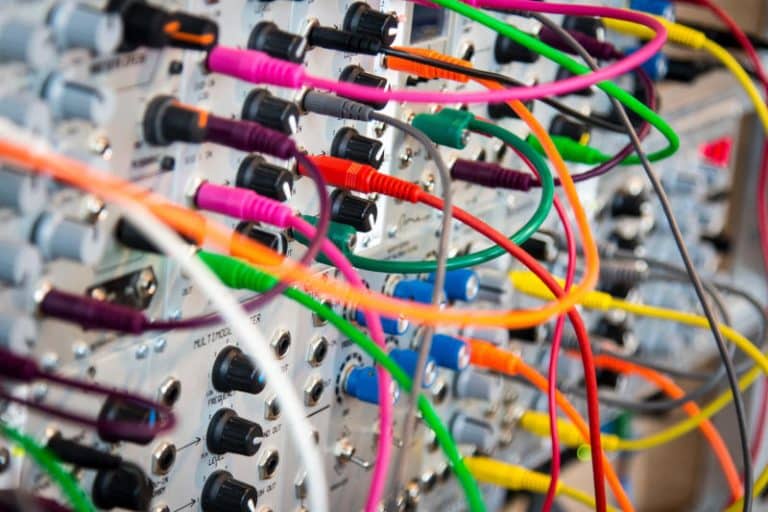It’s tricky (Topic Discussion)
As you can probably tell from my review of The Crew, I love trick-taking games. I grew up with them. I learned to shuffle cards when I was about six and started to play Skat with my family when I was about eight. In secondary school, I learned Doppelkopf. I didn't play them for many years after I left school and it was only when I played Vivaldi at Gaming Rules' evening during last year's Essen Spiel Messe that I rediscovered the genre. So I wanted to talk more about my fascination with these games.











